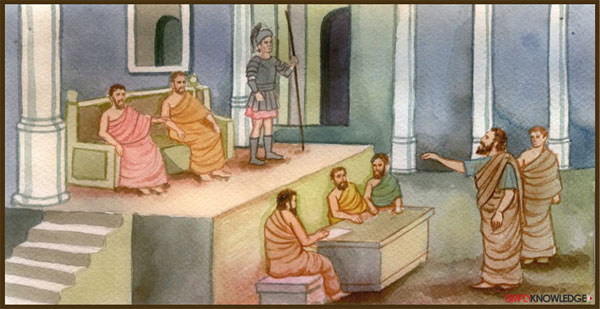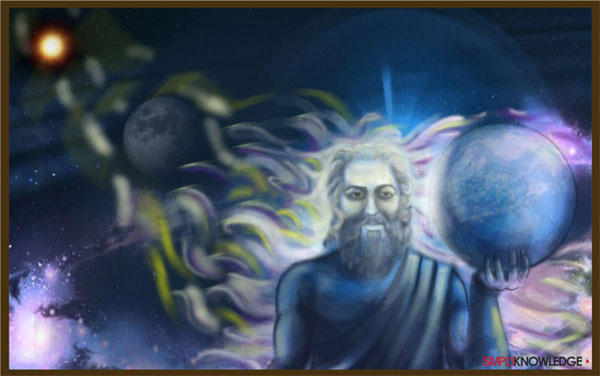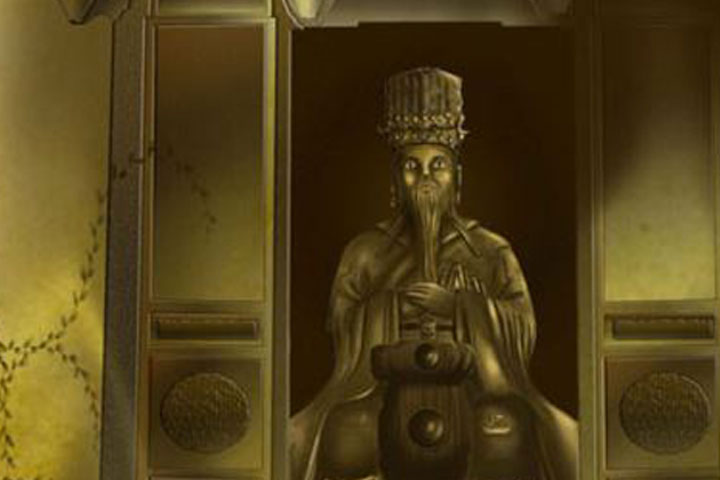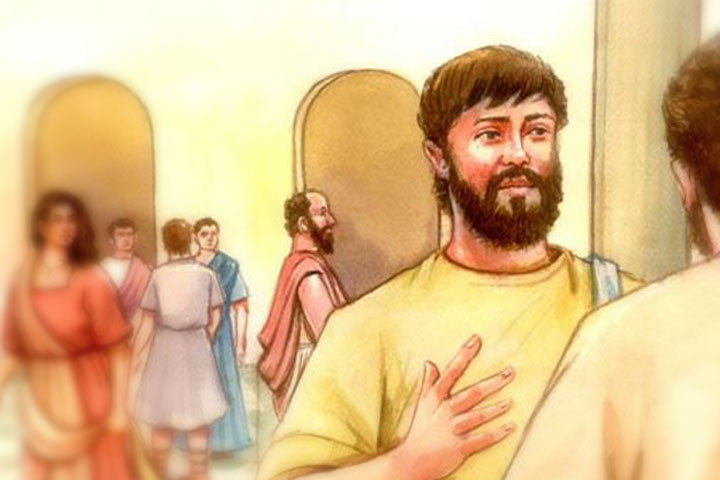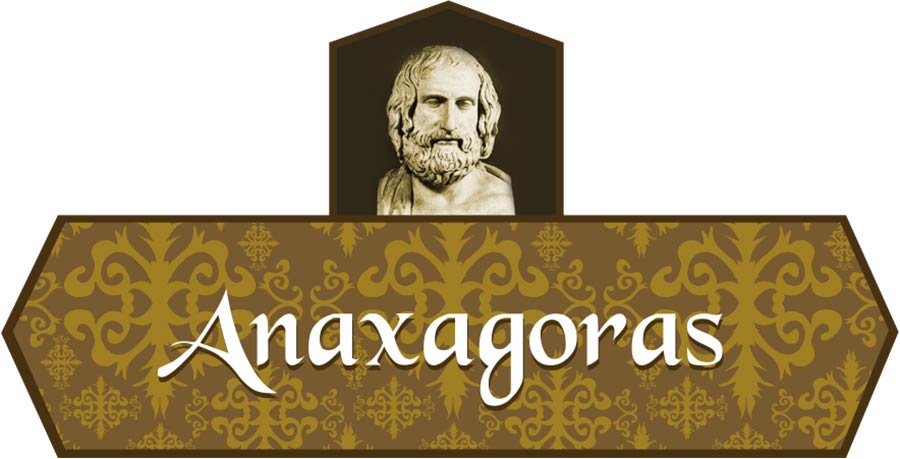
Introduction
Men would live very peacefully if these two words- my and yours- were taken away,” said Anaxagoras of Clazomenae, a lesser known pre-Socratic thinker. Two words from his quote- ‘my’ and ‘yours’ form the epicentre of most evils to date, including greed, hatred, jealousy and conflict that can sometimes assume dangerous proportions.
Anaxagoras’ aphorism was not based on conflicts or jealousy and other inherent emotions of humans. Instead, his axioms revolved around the theory that everything in this world was composed of similar elements or ingredients, that nothing was large or small. Everything in the world was a part of the greater cosmos, which collectively controlled the minds of all humans. By this corollary, a person could own or lose nothing. Hence, claiming to own an object or saying it belongs to someone else, was wrong, Anaxagoras propounded. He said, the common human notion that they can possess material things in the world, was a fallacy based on wrong perceptions.

Birth
Historians including the renowned ancient chronicler, Diogenes Laetrius, remain divided over the exact year or period during which Anaxagoras was born. Yet, Anaxagoras’ works and their inclusion in writings of later thinkers indicate he was born in 500BC, into an aristocratic Athenian family in the city of Clazomenae in Ionia, now in Turkey. There are no records and references about his parentage. Historians deduce that Anaxagoras was of noble lineage since several of his theories reflect materialism.

life
Anaxagoras was active in Athens as a thinker and teacher around 480BC. Some of his contemporaries wrote he was rather young at the time and that he held views that were extremely controversial during the era. Despite, Anaxagoras did find a sizeable following to merit being called a teacher and thinker. Indeed, some historians, including Diogenes Laertius, term Anaxagoras as a progenitor to ancient Athens becoming a seat for thought, study of the human mind and its various actions.
The great Athenian administrator, Pericles, was an admirer and ardent follower of Anaxagoras, although much before he assumed power. But Anaxagoras also paid dearly for his friendship with Pericles. Historians state, Pericles was forced to step down as the Athenian ruler for dragging the state into the First Peloponnesian War, which raged around ancient Europe from 460BC to 445BC. Fearing trial and possible death penalty, Pericles fled to Lampsacus around 447BC. Pericles, fearing for his master, persuaded Anaxagoras to flee with him.
Another version the story, said to be more credible than the earlier one is, Anaxagoras’ preaching about the universe, human mind and its functioning were viewed as abject impiety by Athenian aristocrats. He was charged and tried in court. Anaxagoras refused to reject his theories, instead extolling them before the judges and jury which sentenced him to death. Pericles, a powerful personae in Athens, arranged safe passage to Lampsacus for Anaxagoras and his followers.

death
Anaxagoras continued to propound his teachings in Lampsacus till a ripe old age, spending time on research. Though he is never credited with writing any major work, his disciples carried his preaching to other parts of the world, as Lampsacus was at the crossroads of the Occident and the Orient. He died of old age in 428BC.

Despite being charged with impiety, some theories of Anaxagoras were based on factual scientific findings. He taught, the sun is a large mass of fire, stone and metal- which angered ancient Athenians who attributed divine powers to the star.
Anaxagoras described the universe as a non-homogenous flux of various ingredients that continually vary in composition. This flux or the universe, rotates due to the power of the ‘Nous’- the human mind. This rotation causes shifts in the ingredients, who assume different forms that are perceived by the human mind. Hence, nothing in the world is large or small, neither can humans own or lose anything, nor can humans create or destroy any part of the universe. “Everything has a natural explanation. The moon is not a god, but a great rock, and the sun a hot rock,” he preached.
The most important work of Anaxagoras, albeit not well received or understood at the time was, the ‘Nous’ or mind is a separate entity in itself. It is not a part of any other element or mixture in the world and hence, is autonomous. He does not associate the mind to be a part of the brain or vice versa. Instead, Anaxagoras said that the mind lives in its own world, creating its own perceptions.

Other works
Anaxagoras was the first to postulate that all materials in the world are intrinsically bound to one another. Citing the example of a grain of rice, he stated that human hair is formed from ingredients found in rice. Hence, by the same reasoning, ingredients that form hair are also present in rice. Simply put, it means hair is rice and rice is hair. Though his postulations were empirical, his teachings were proved centuries later by scientists that helped create a new stream of health sciences- nutrition technology.
Next Biography





